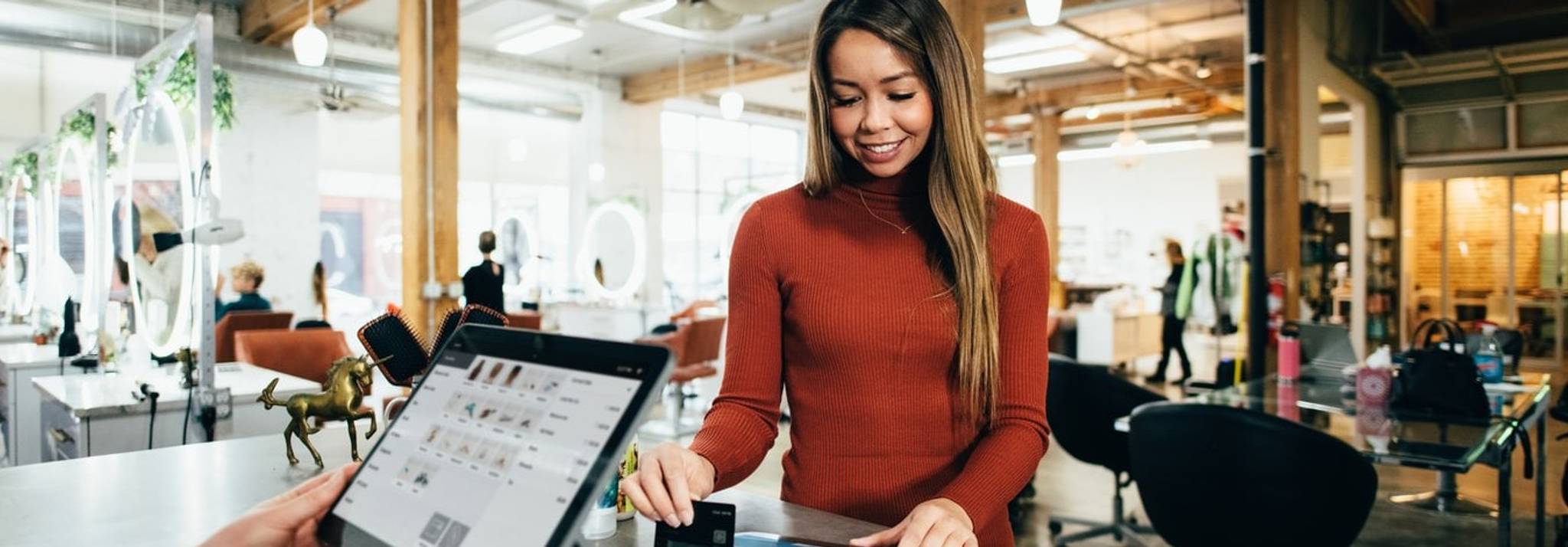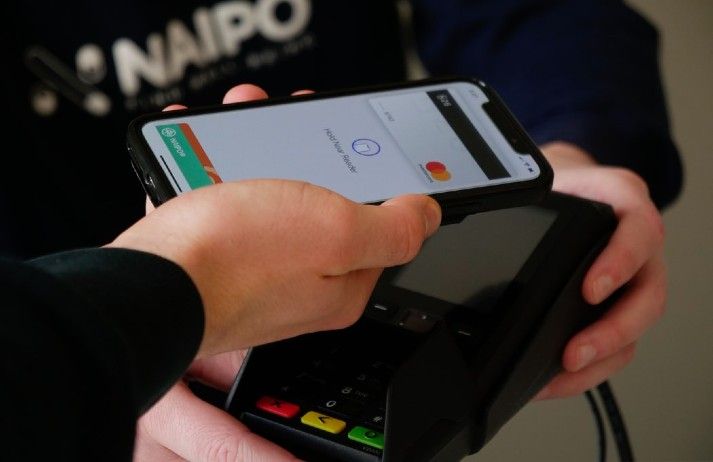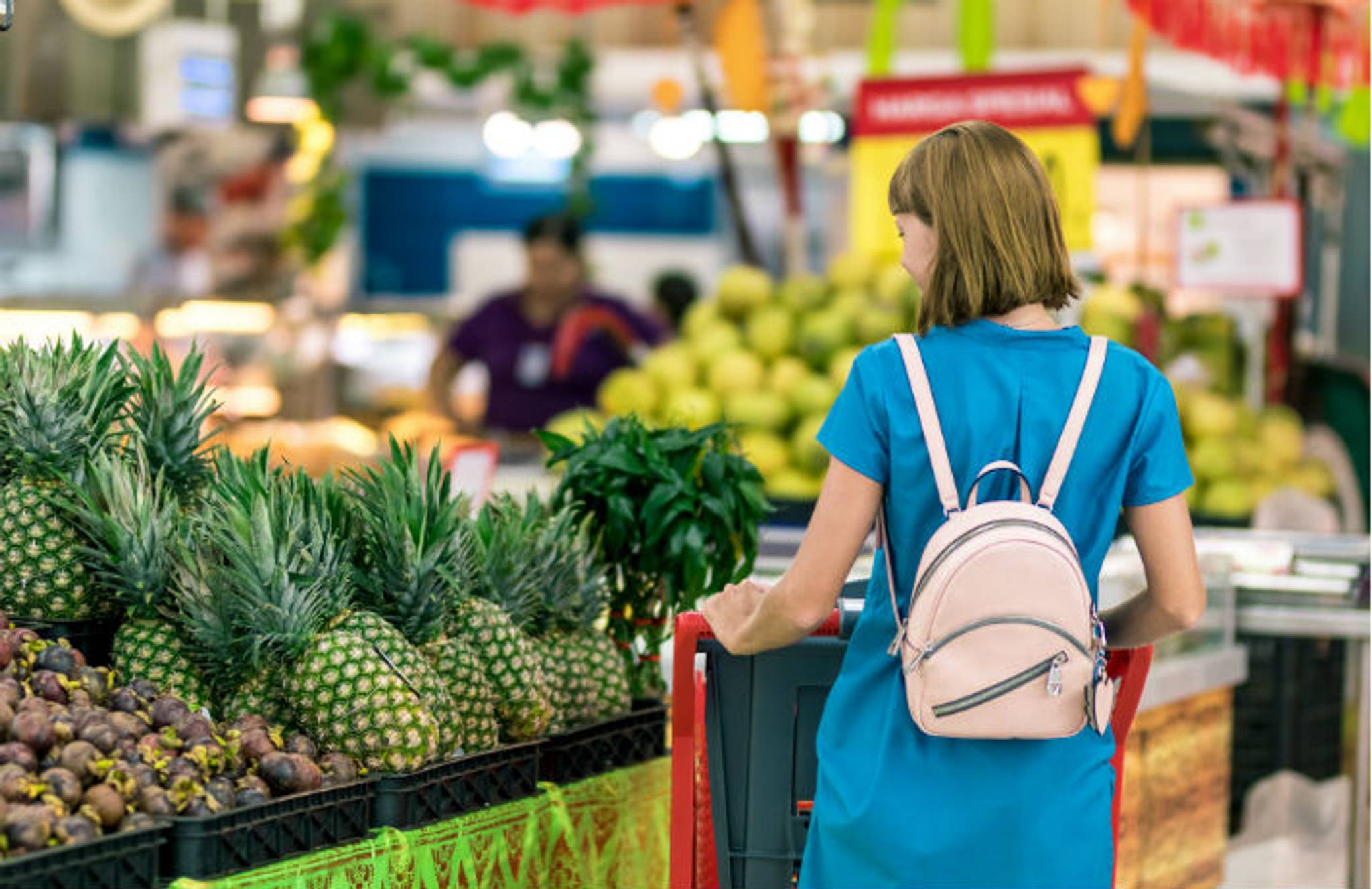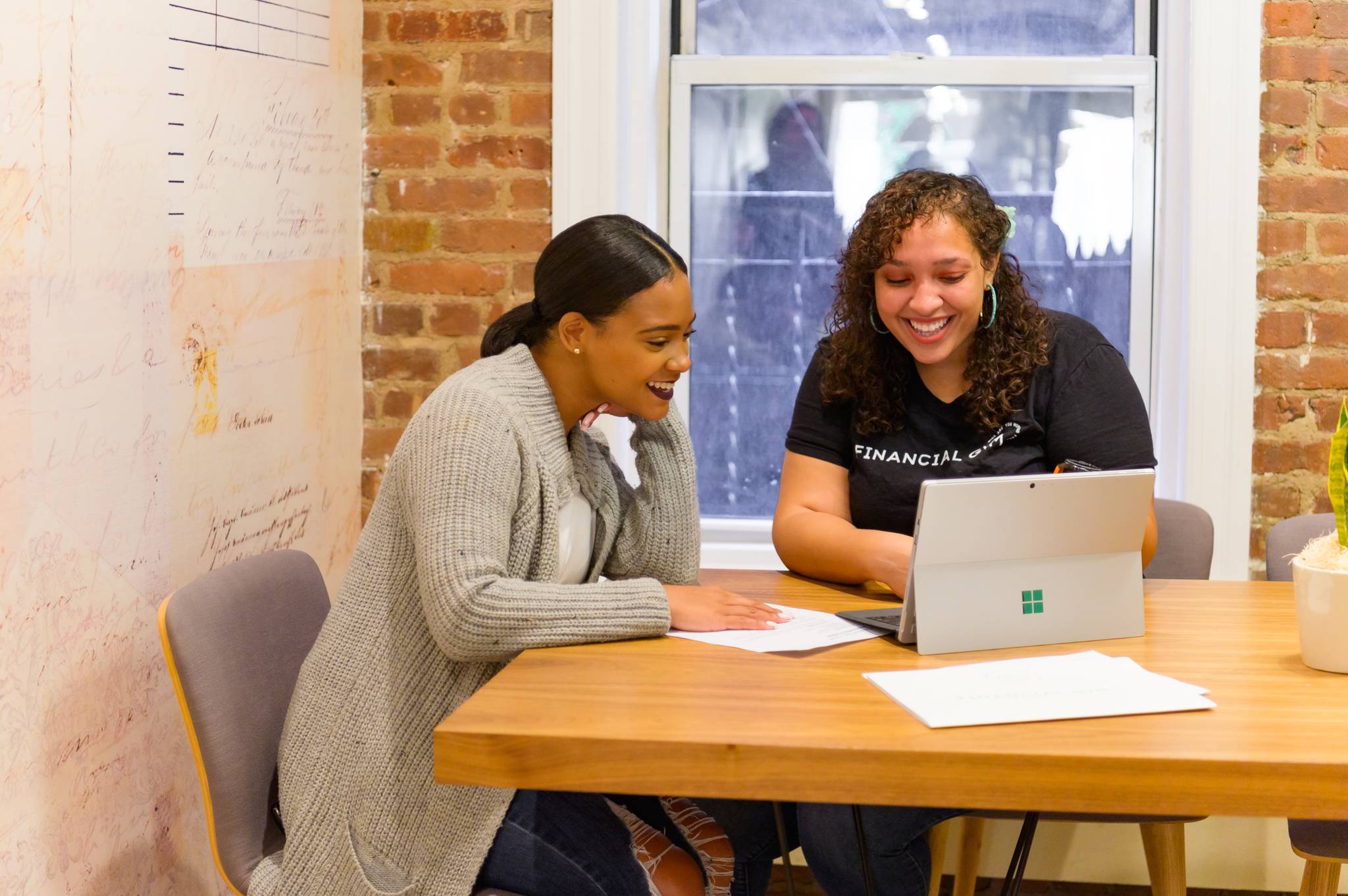
Unlike physically exchanging coins or cash, the haptic buzz or quick ping of cashless payments are making transactions speedier – and subtler. But research has found that the seamless nature of these exchanges can cause people to make unhealthy food choices. We explore the insights and opportunities behind the "decision risk inattention" that researchers witnessed in cashless payments.
In a bid to understand how changes in the bodily responses to cash payments can influence consumers' decision-making process, researchers invited participants to take part in a simulated grocery shopping experiment. Hooked up to a device that monitored their levels of physical arousal, participants were either asked to imagine they were paying by cash or making a cashless payment. Higher levels of arousal were detected in participants imagining cash payments, and their heightened state of alert made them more likely to assess the health risks of each food.
Experiencing less initial arousal, those making cashless payments were more likely to add unhealthy items to their shopping baskets. A similar study finds that cashless payments make people willing to pay more for dessert than if paying with cash.

With Amazon’s Dash Cart set to fully automate the brick-and-mortar shopping experience, while in Europe Trigo is banking on making supermarket checkouts a thing of the past, the transition to quick and easy cashless transactions is on the rise worldwide. And with hygiene concerns around physical exchanges set to stick for some time, the move towards cashless shows no signs of slowing down – in fact, 7.4 million Britons report living an almost cashless life.
Yet while this growing style of transaction caters to consumers' desire for seamless experiences, its impact on people's sense of control is not going unnoticed. More Britons feel addicted to the ease of online shopping transactions – but post-consumer guilt is real, with 92% of people reporting regretting impulse-buys.
Tapping into the growing need to help consumers re-evaluate the psychology of these transactions, Joro app helps consumers track the carbon footprint of everyday purchases in real time, and save-to-buy fintech platform Cashmere is encouraging people to save long-term for their wishlist.
Matilda Ruck is a Behavioural Analyst at Canvas8. She has a degree in Politics and Philosophy as well as a foundation in psychotherapy and is passionate about exploring the interplay between creativity, psychology and culture. Outside of work, you can find her writing short stories, tending to her ginger cat Thomas O’Malley or oscillating between yoga and karaoke practice.



